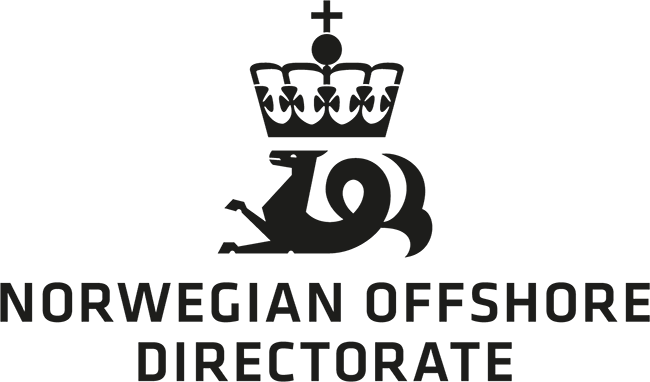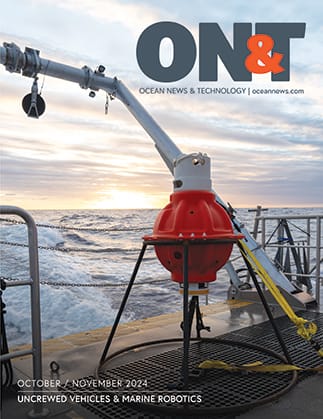“It took a lot of good decisions to get where we are today in the Barents Sea, and we now have the opportunity to lay a good foundation for further development of this part of the Norwegian shelf,” said Torgeir Stordal, Director General of the Norwegian Offshore Directorate, in his keynote address at the Barents Sea Conference.
Forecasts indicate that production on the Norwegian shelf will peak in 2025. Johan Castberg coming on stream is one of the contributing factors. This field will generate high and long-term activity with substantial ripple effects for Hammerfest and Northern Norway.
Good infrastructure is the proven key to high and long-term value creation throughout the shelf. This is why it is important that major new field developments contribute to good, comprehensive area solutions. This means that minor discoveries can be tied back, and it will also stimulate new exploration activity.
 Wisting is the next major development in the Barents Sea that can contribute new infrastructure. This is a strategically important project where the authorities expect the licensees to facilitate a good area solution.
Wisting is the next major development in the Barents Sea that can contribute new infrastructure. This is a strategically important project where the authorities expect the licensees to facilitate a good area solution.
Both Goliat, Johan Castberg, and most likely also Wisting, will eventually need gas offtake and the authorities are concerned with ensuring good coordination among companies and good joint solutions.
Stordal’s keynote address also emphasized that gas exports from the Norwegian shelf are crucial for energy security in Europe. Norway can deliver gas at the current level over the next several years, but exports will decline after 2030. This is why more gas discoveries need to be developed. Increased export capacity from the Barents Sea could be an important contribution.
Studies are under way on how to potentially expand export capacity from the Barents Sea.
“The resource base for such an expansion must be clarified within a few years. This is why we’re pleased to see more vigorous exploration activity in the Barents Sea following a period of few exploration wells. We expect between eight and ten exploration wells here in 2024,” Stordal said.
Eight new production licenses were awarded earlier this year, which is the largest award since 2019.
“This is good news for the effort to further develop the Barents Sea. Now we expect the companies to identify good exploration targets and implement programs including exploration wells over the next few years,” Stordal said.

